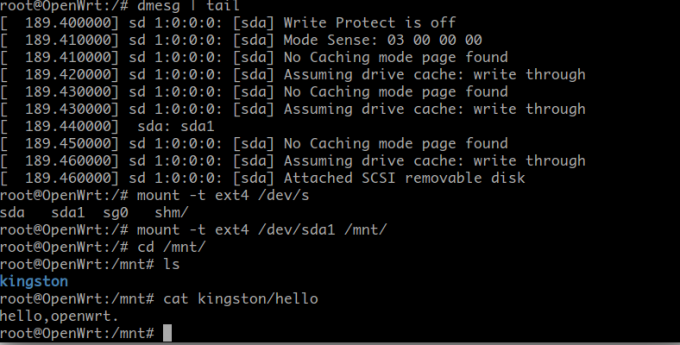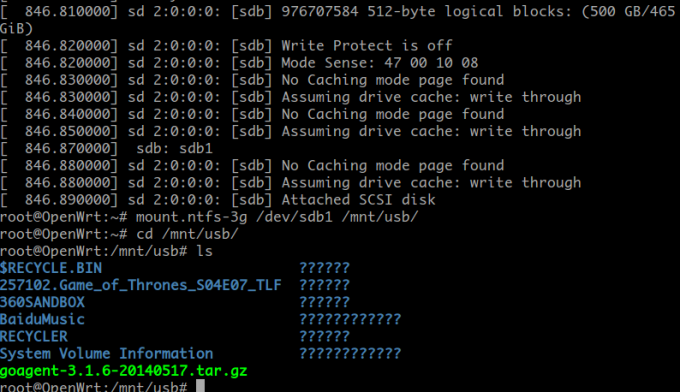在X86_64机器fedora系统下,不要使用官方编译的rpm包,交叉编译bootstrap会出现异常,使用源码编译的go.
1.编译X86_64的go binary
1 | cd /root |
2.下载go1.5.1,使用go1.4为arm64交叉编译bootstrap,或者直接checkout go1.5.1
1 | cd go/src/ |
3. 拷贝go-linux-arm64-bootstrap.tbz到Arm64机器上继续编译其他模块
1 | scp go-linux-arm64-bootstrap.tbz xxx // |
4. 下载docker源码并编译
1 | git clone https://github.com/jefby/docker.git |
5. 需要安装glibc-static
在docker v1.9.1版本中,hack/make.sh dynbinary中依然依赖libc.a和libpthread.a库,所以需要安装glibc-static rpm包,提供这两个库~
6. 修改hack/make.sh增加set -x
添加调试选项,进行debug,查看到底是什么地方出现错误
7.安装必须的一些pkg
1 | yum install -y device-mapper-devel |
8.docker pull 的时候提示错误Server error: Status 0 while fetching image layer
解决方法:
在/etc/hosts后面添加对docker网站的dns解析1
2162.242.195.84 index.docker.io
162.242.195.84 registry-1.docker.io





